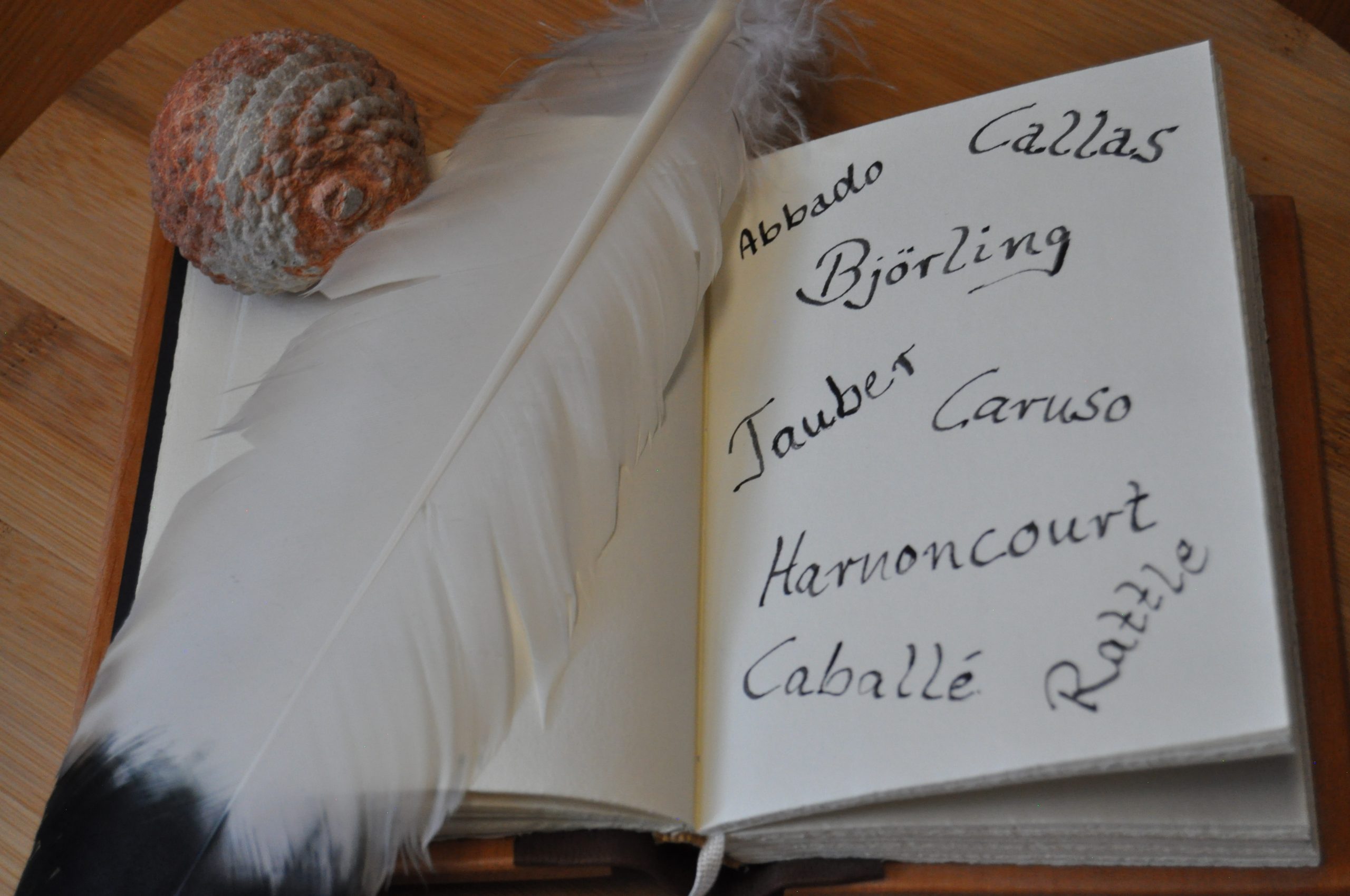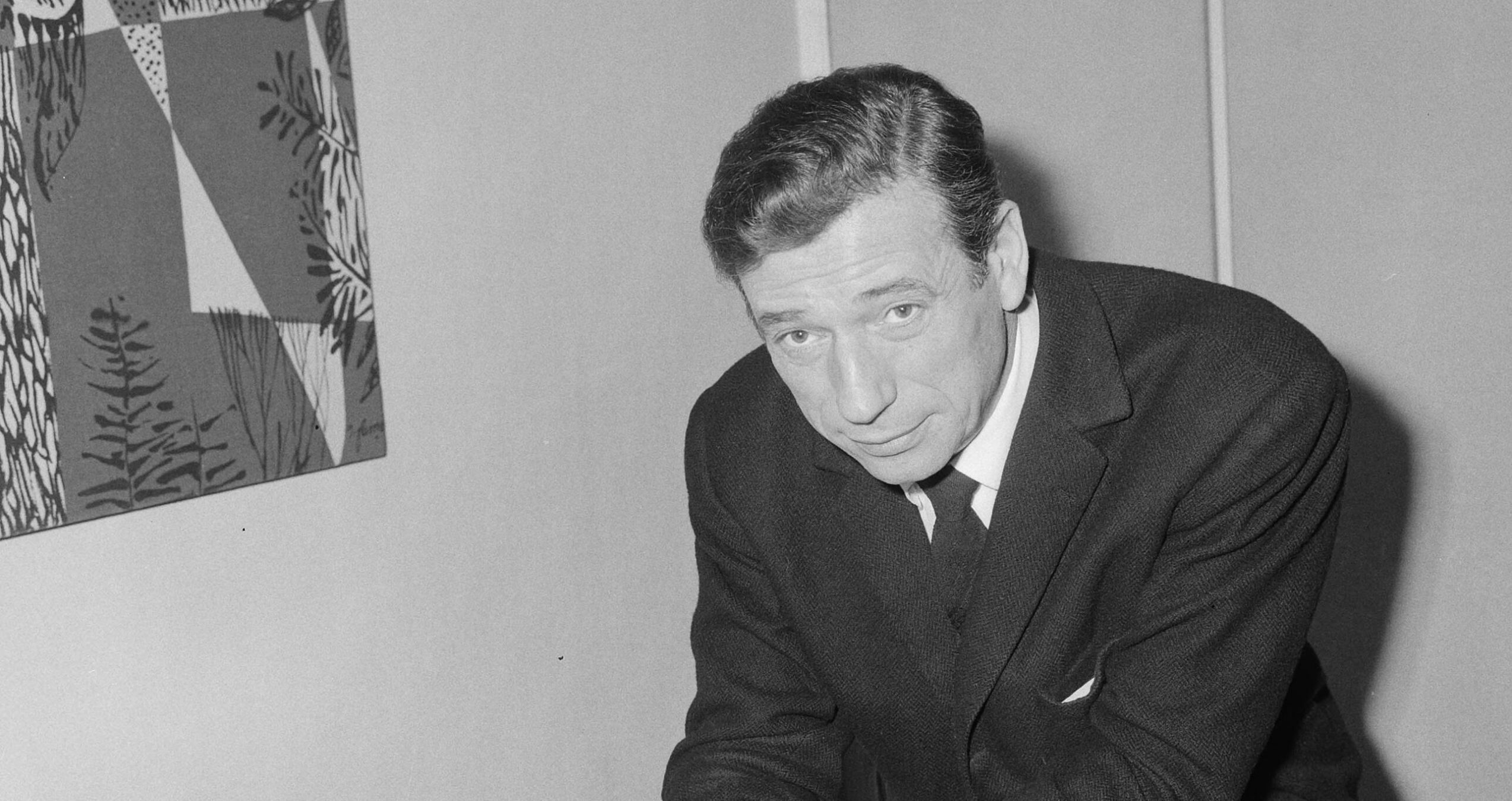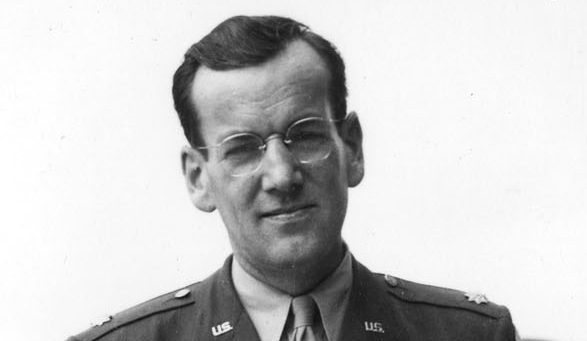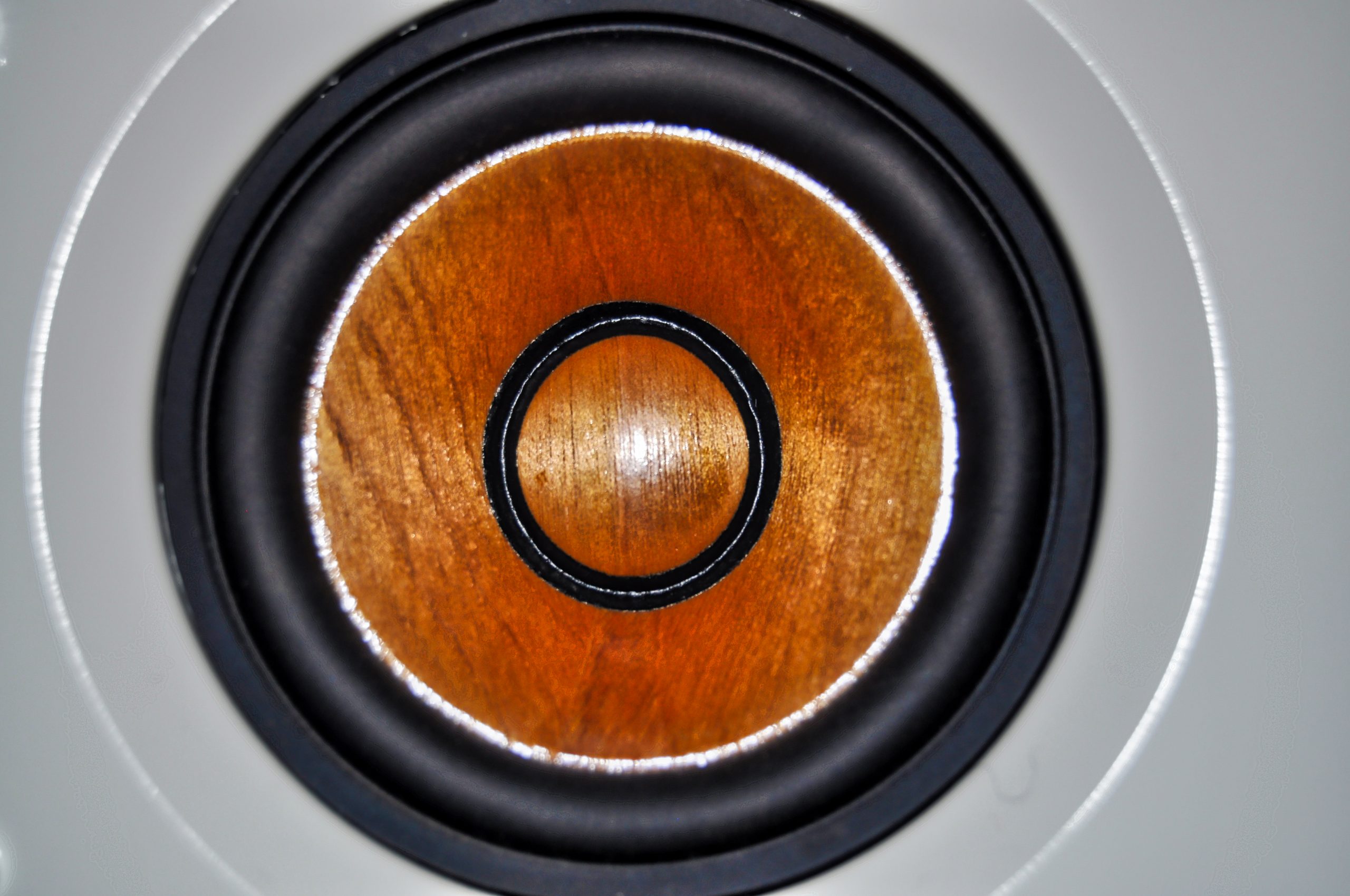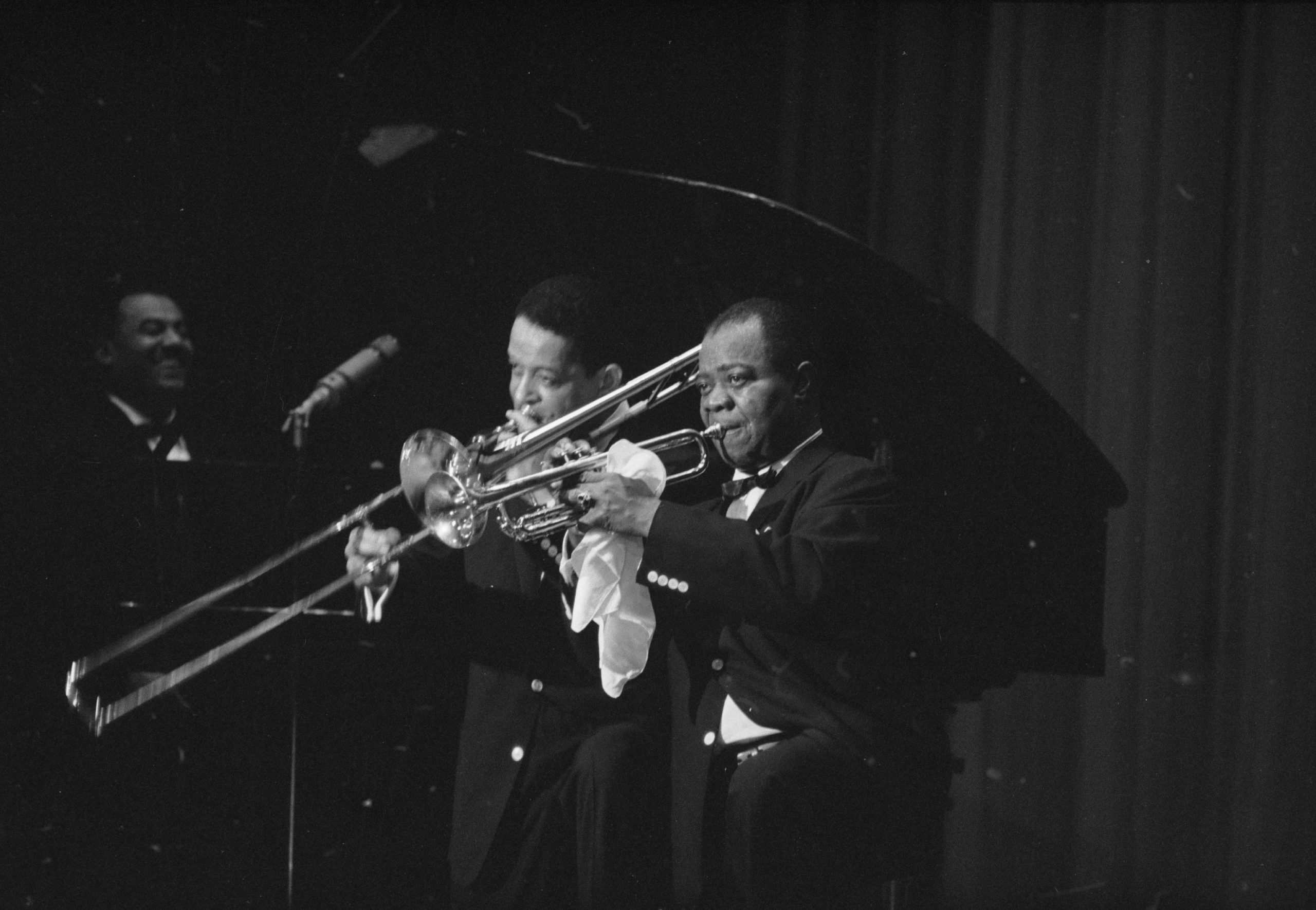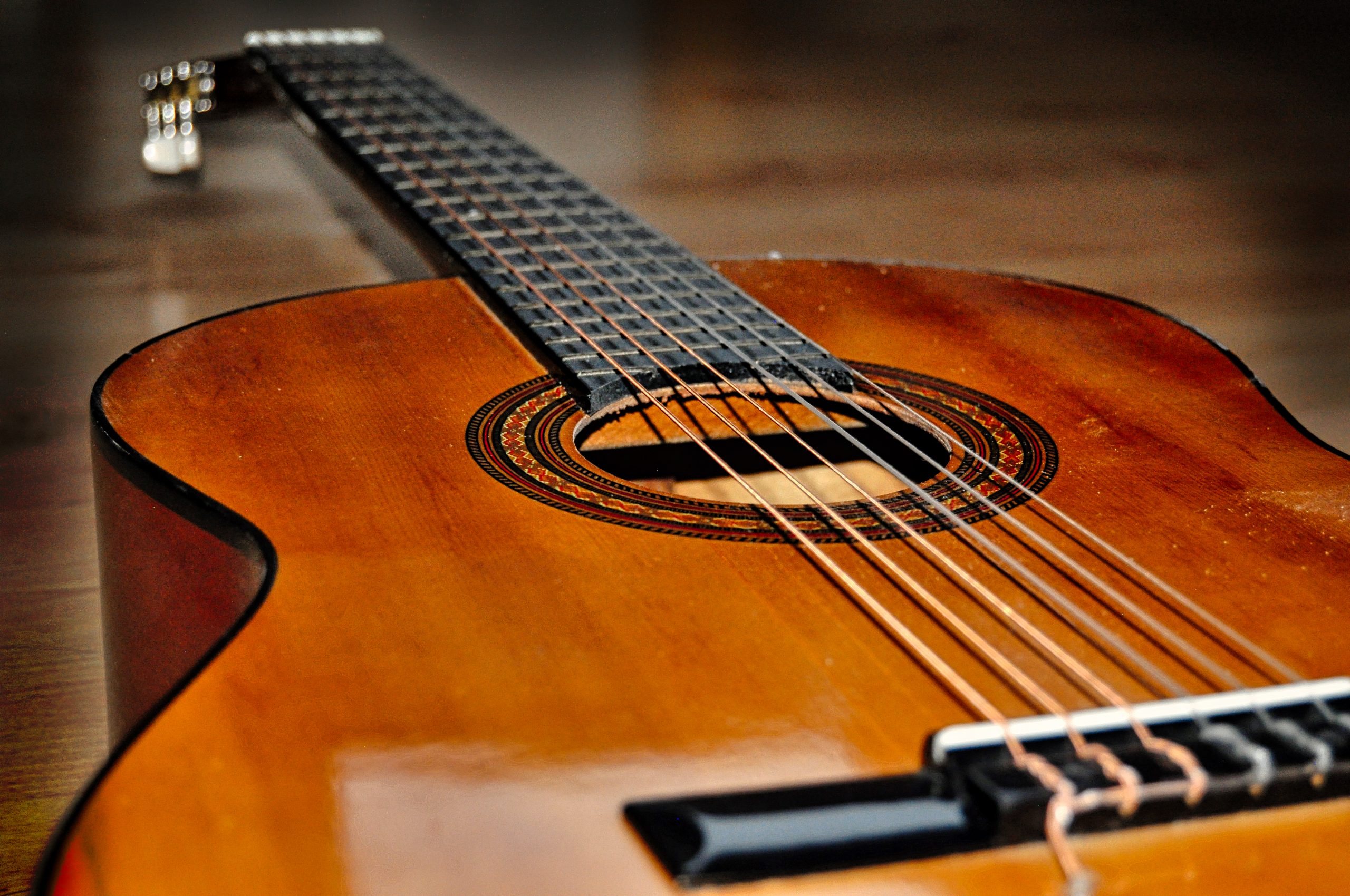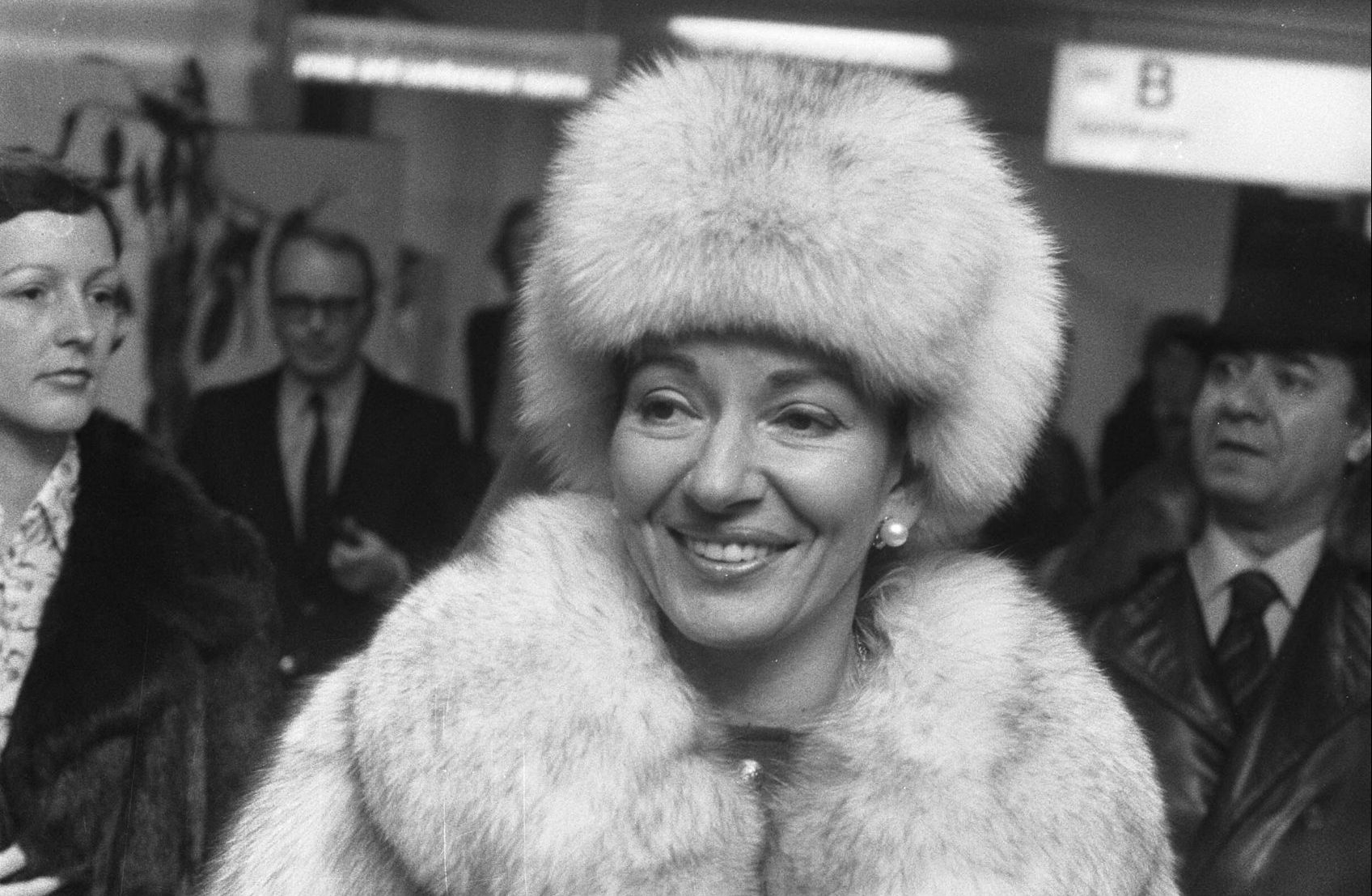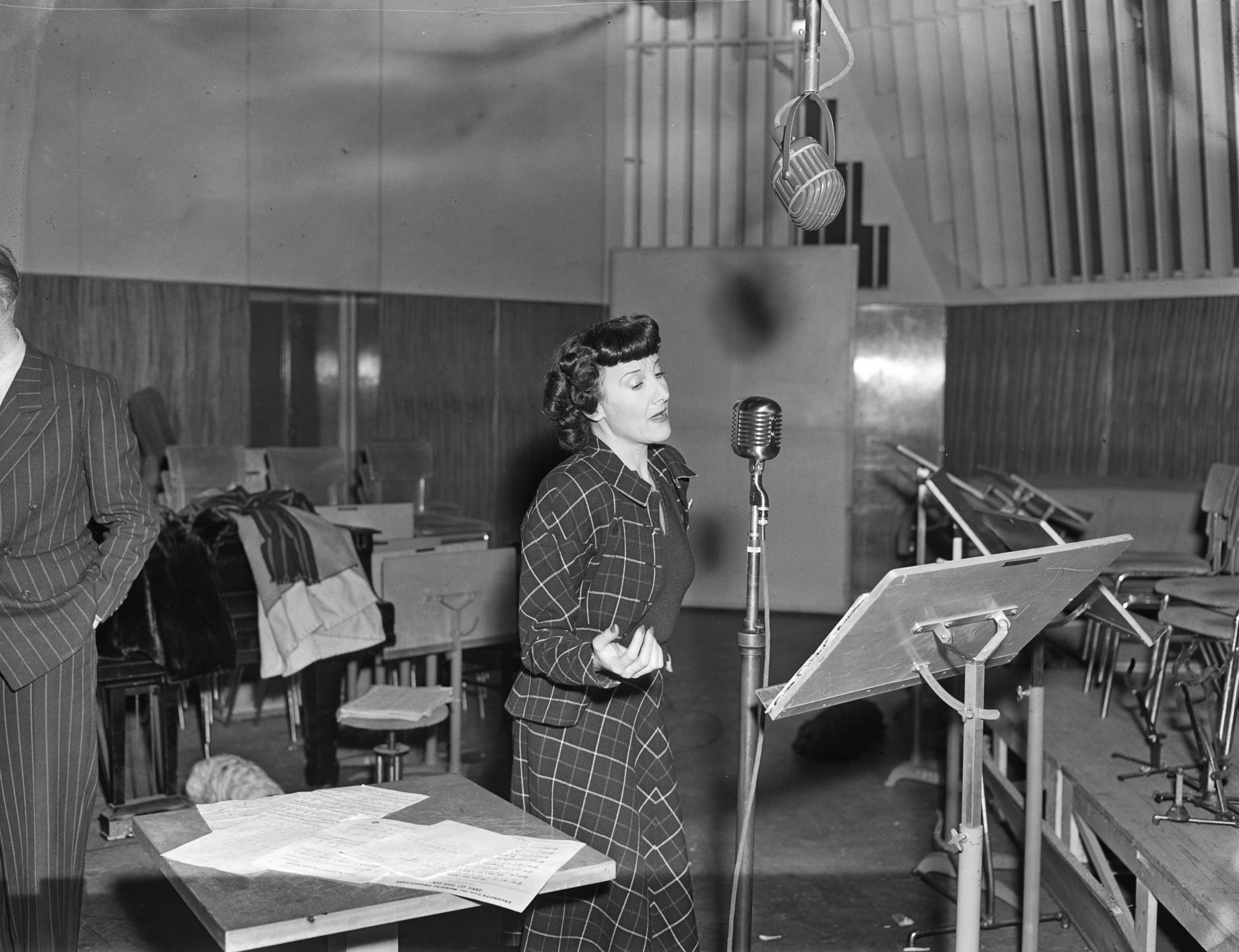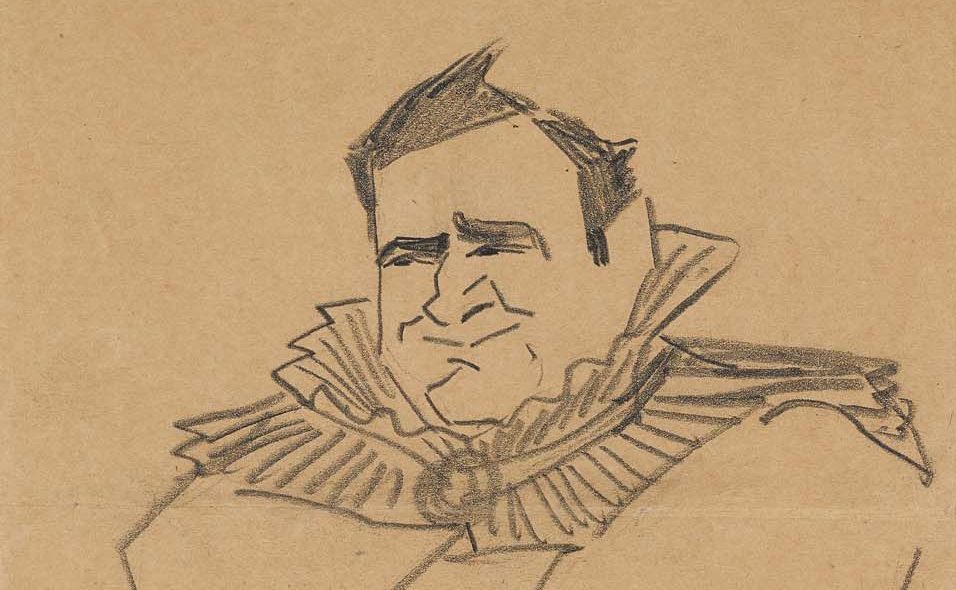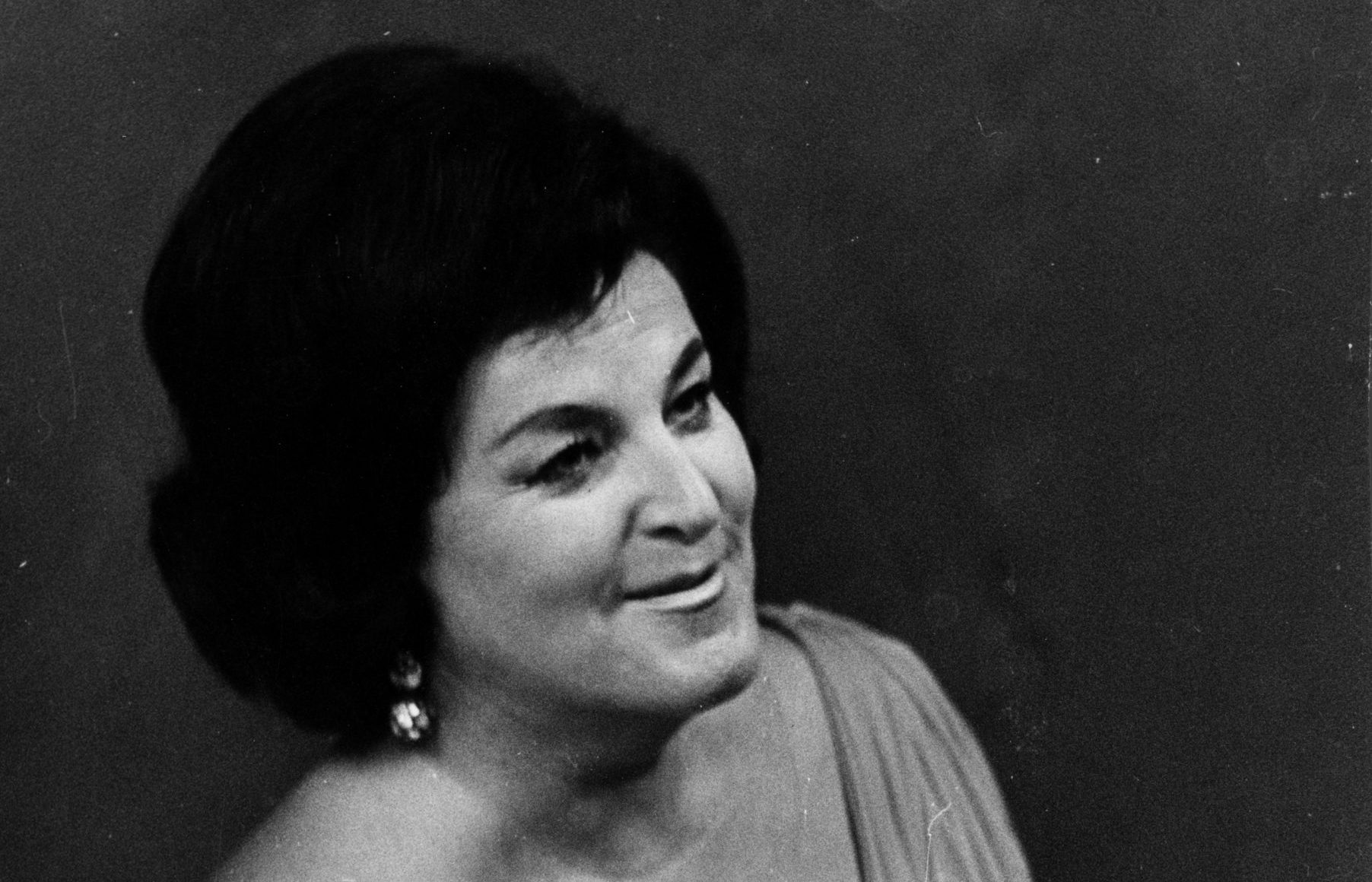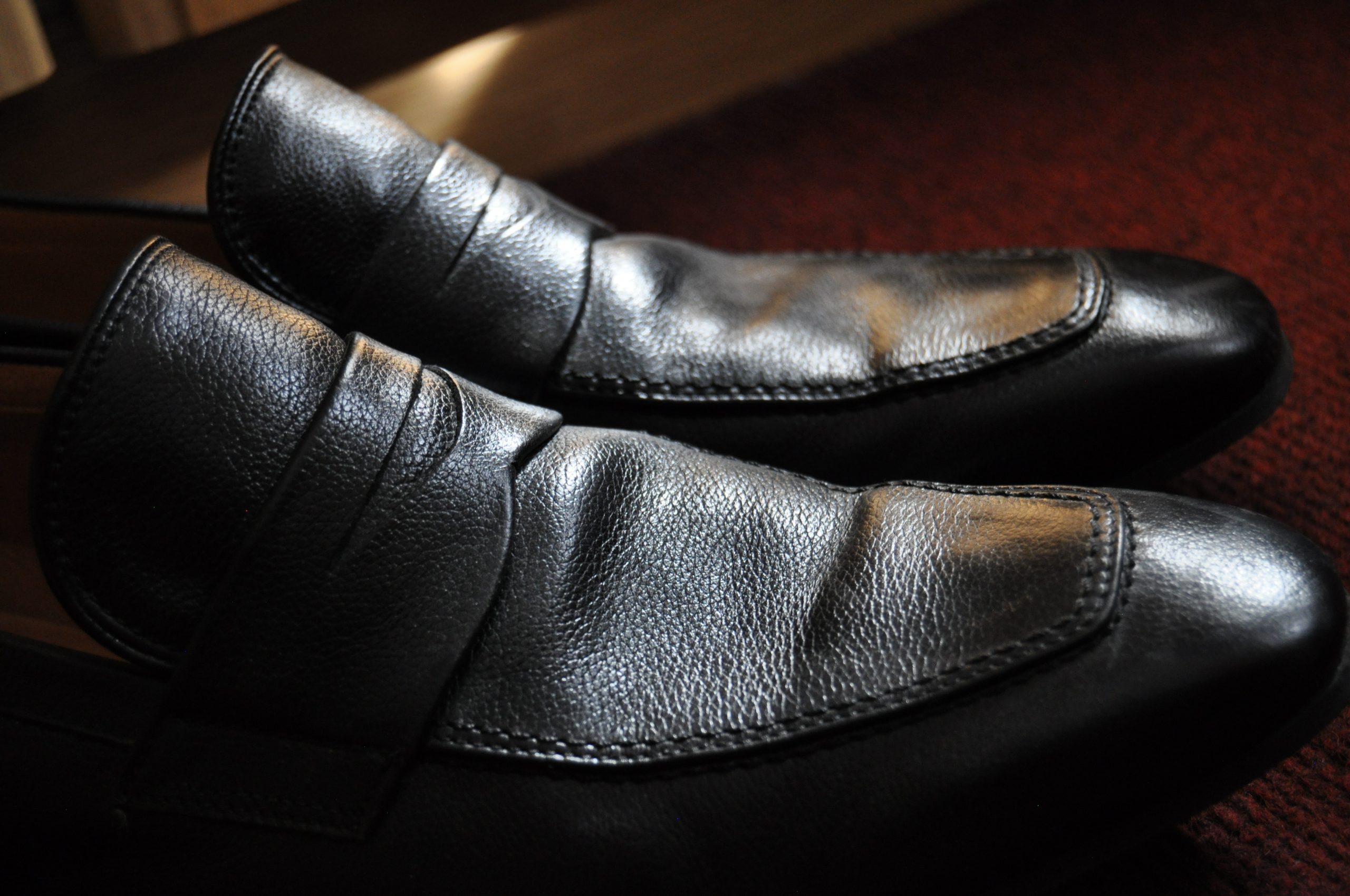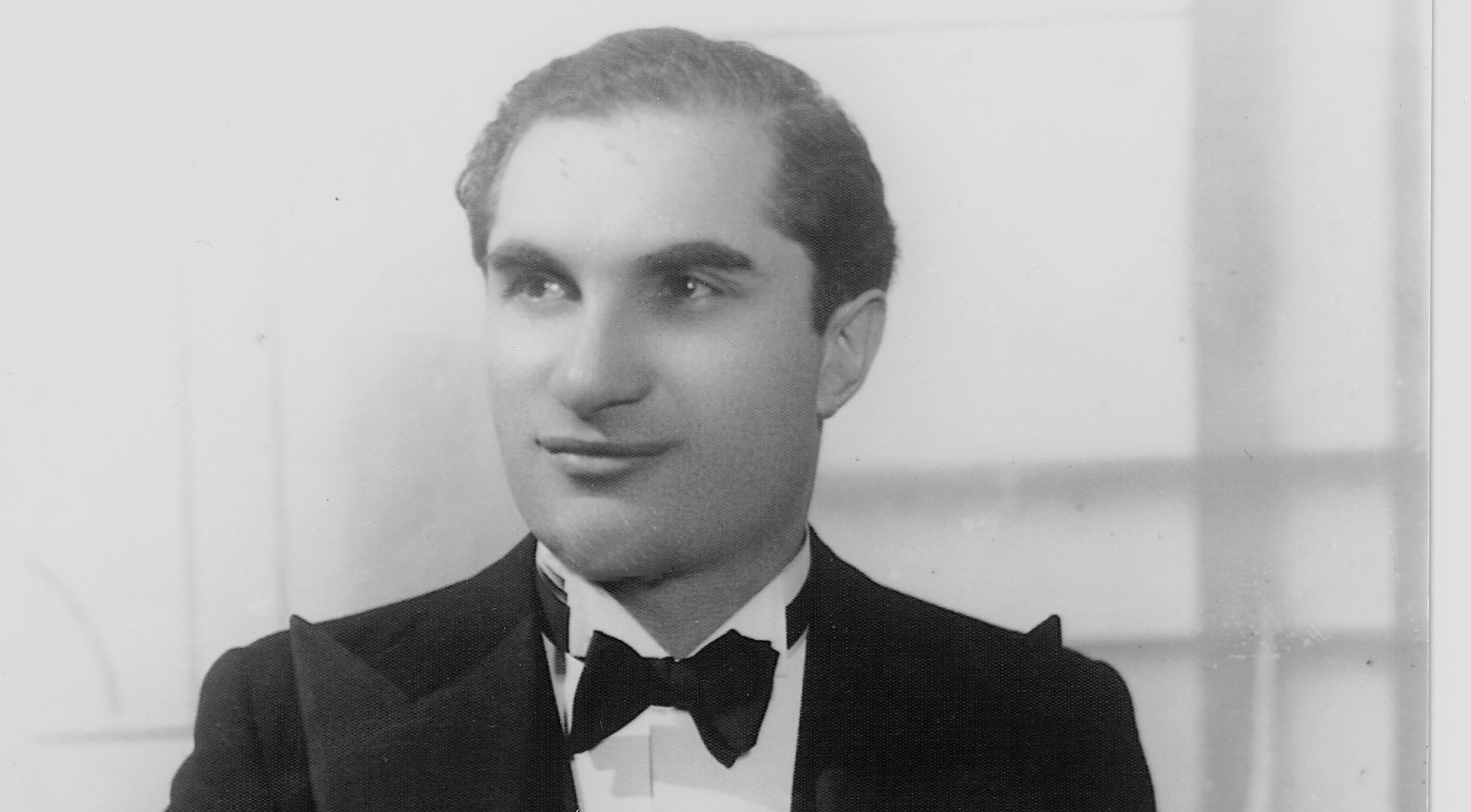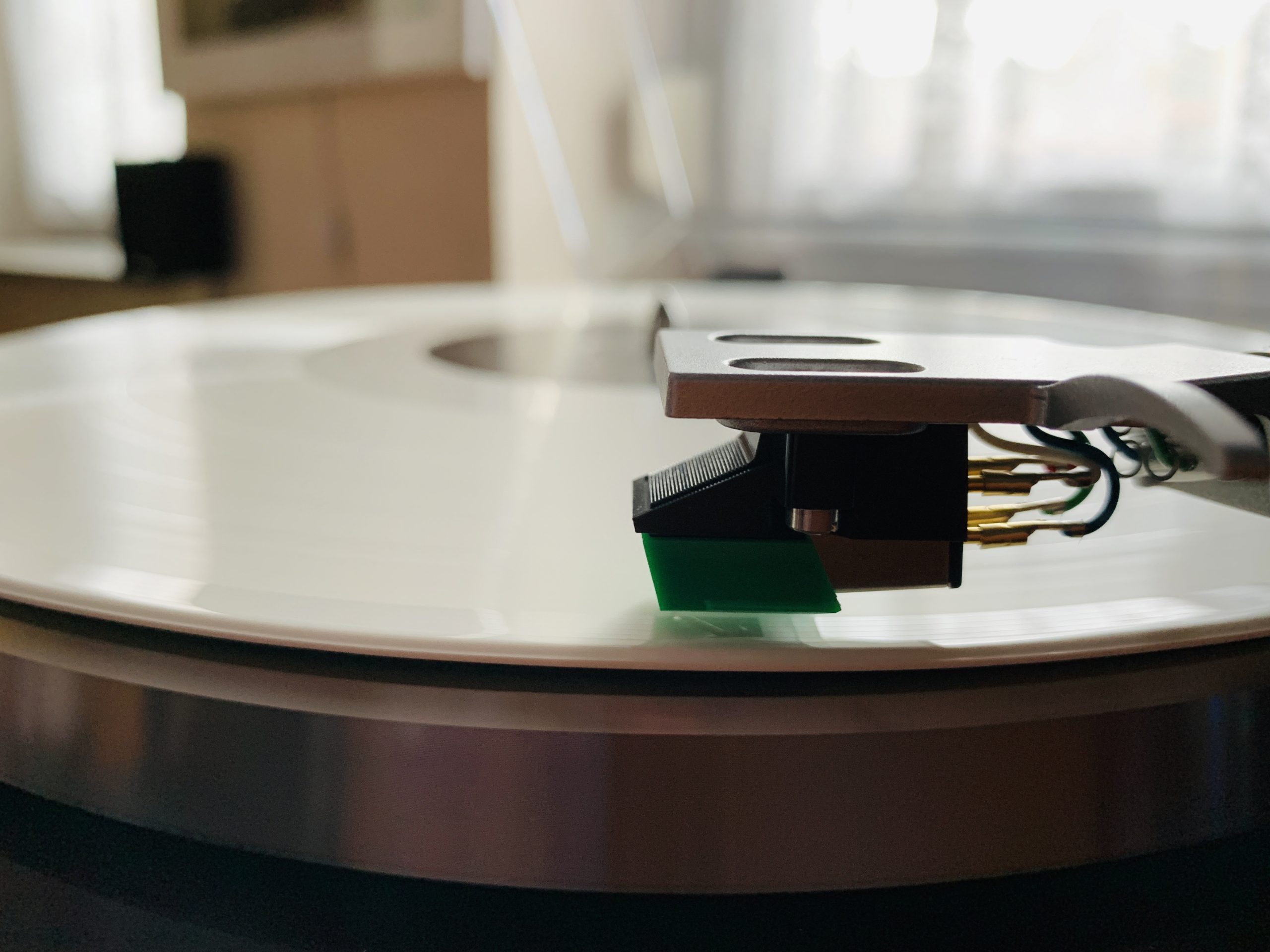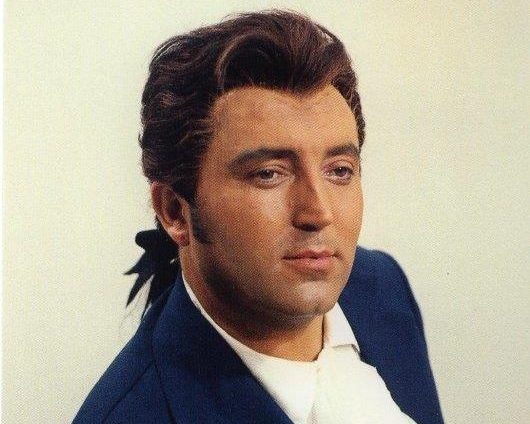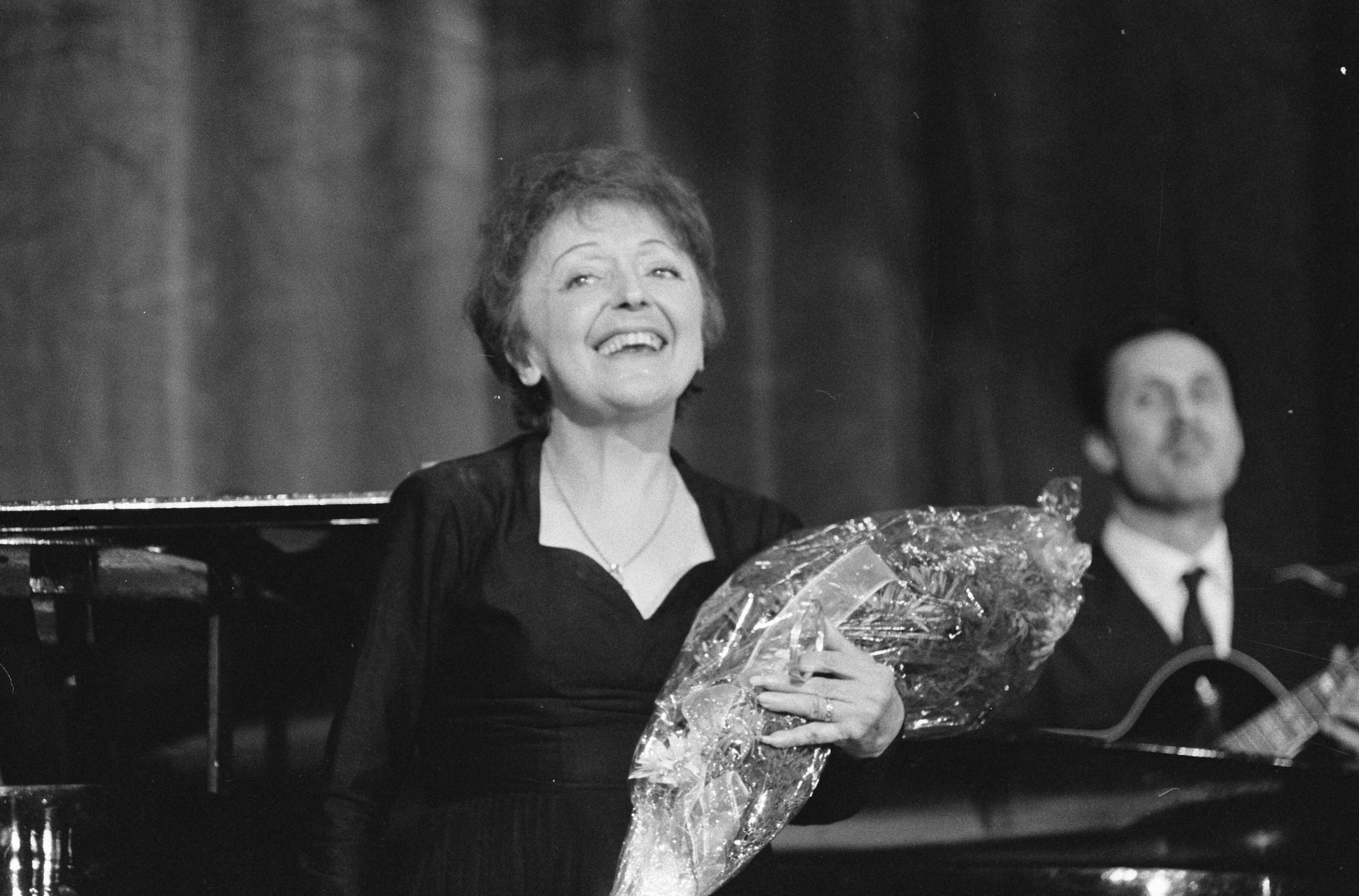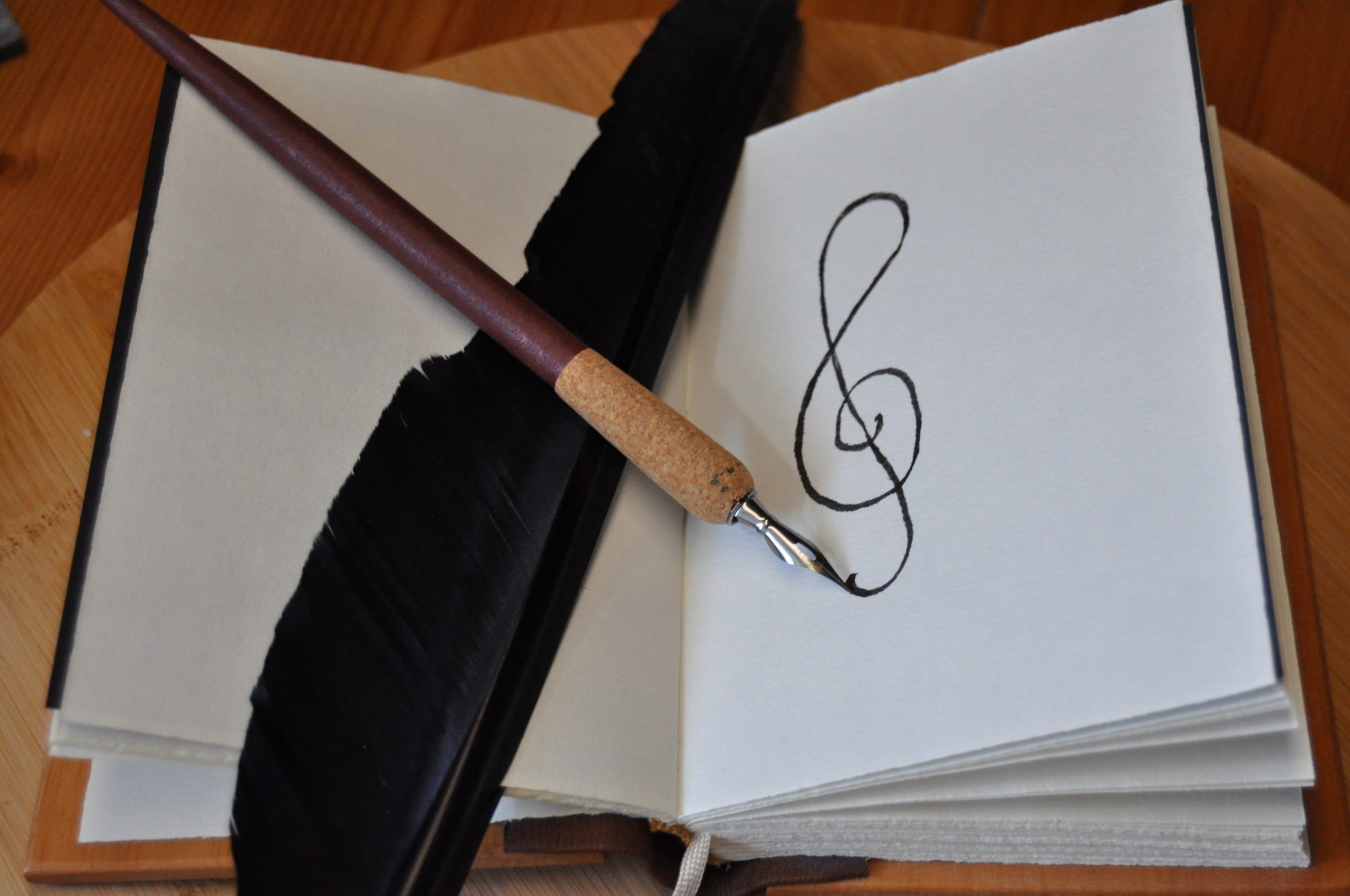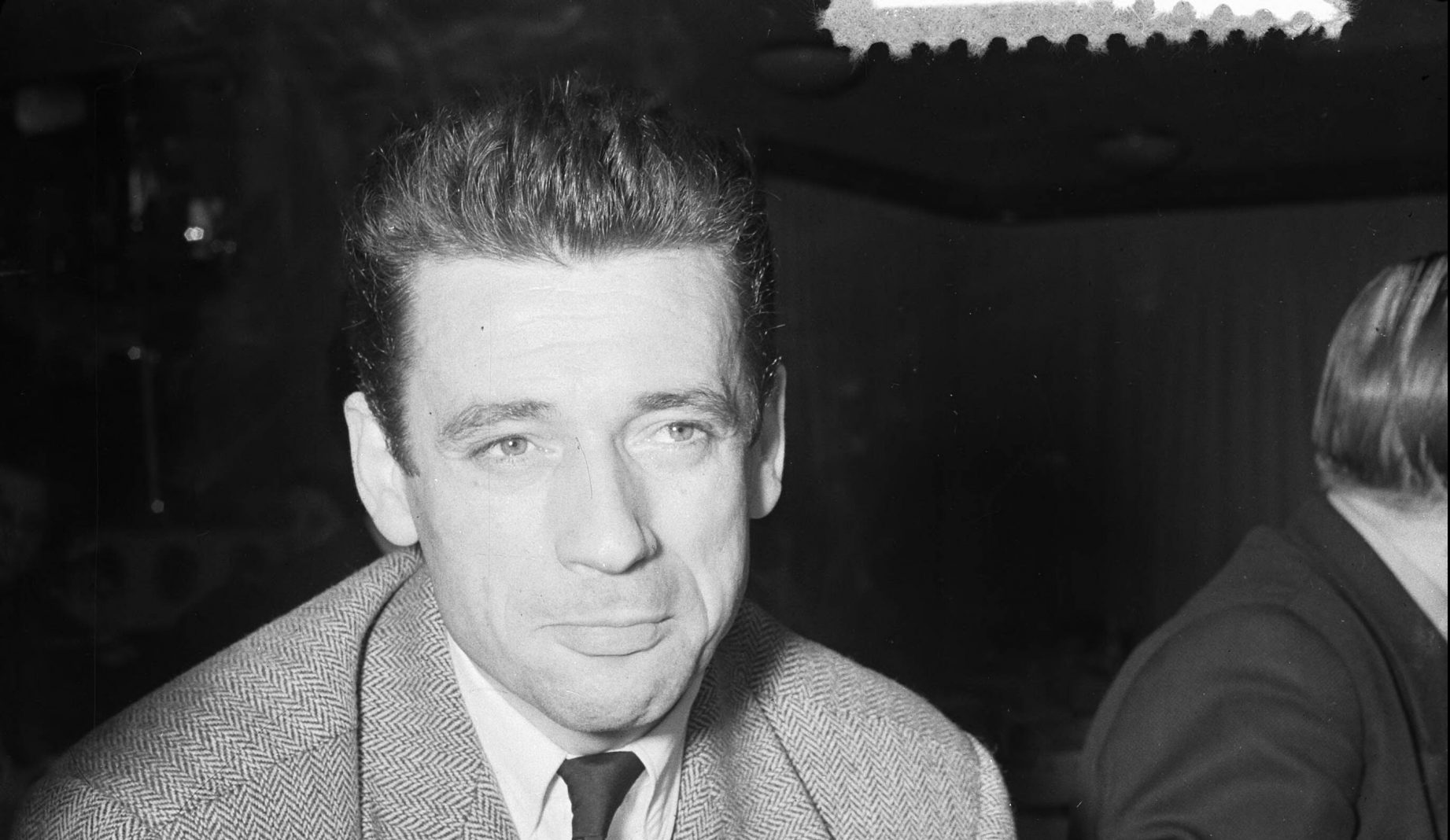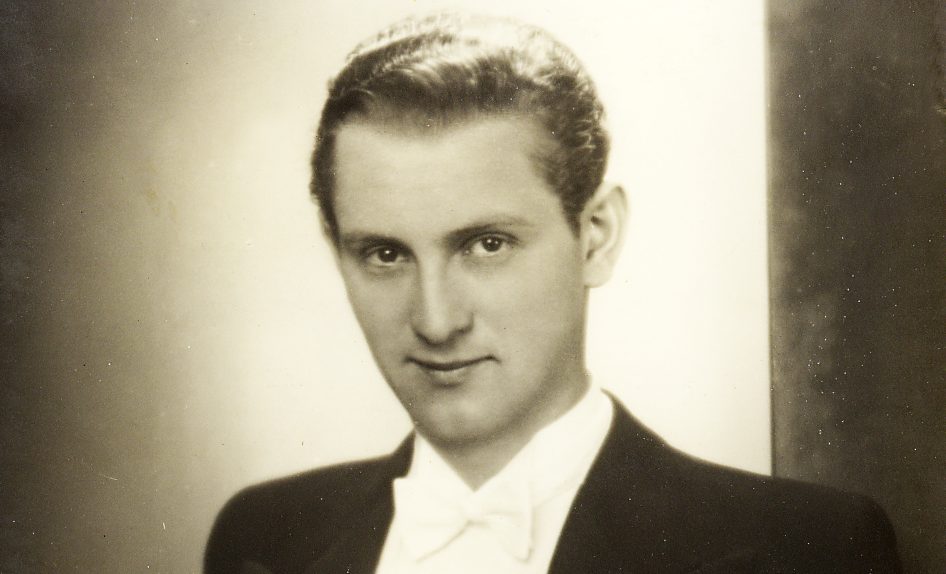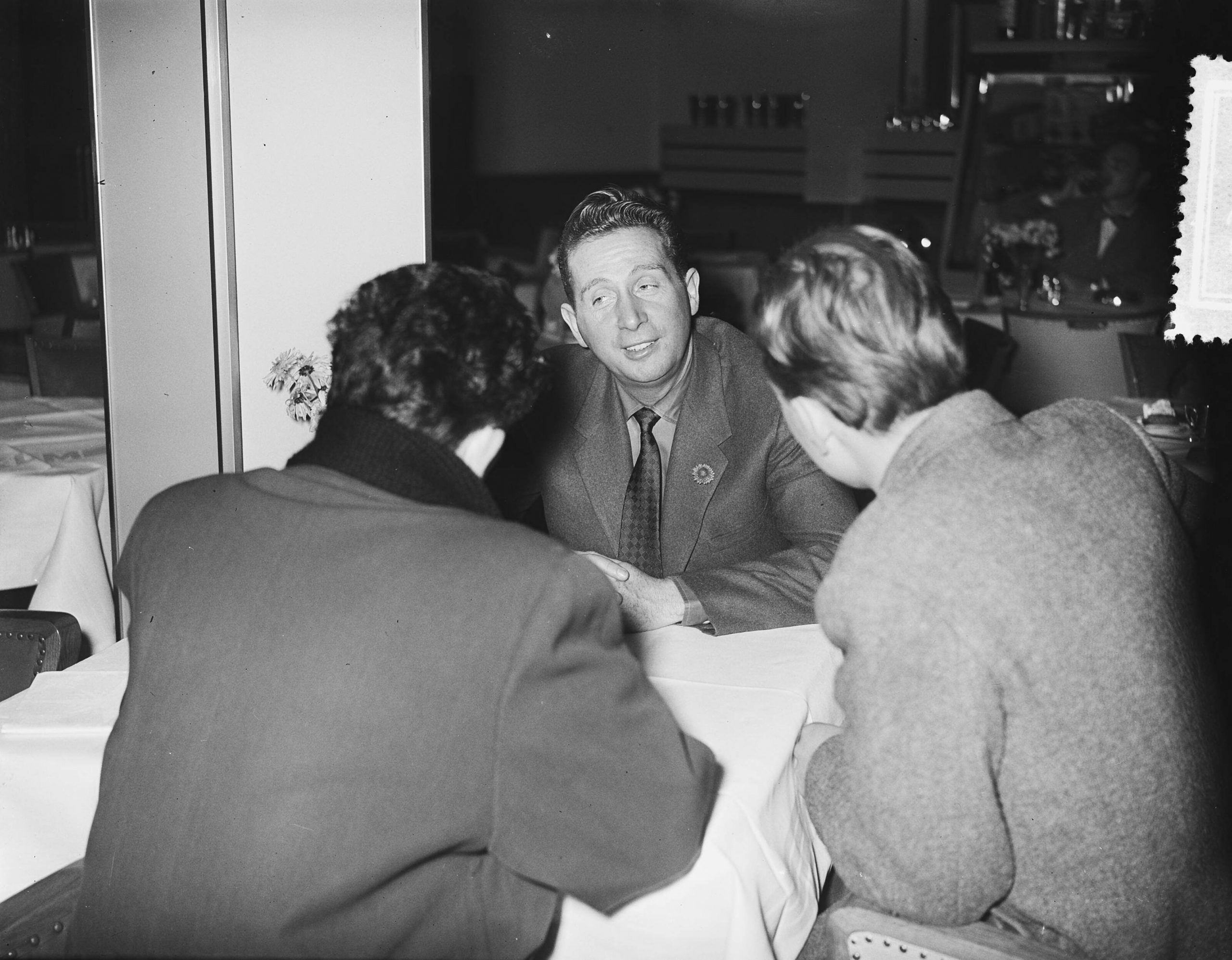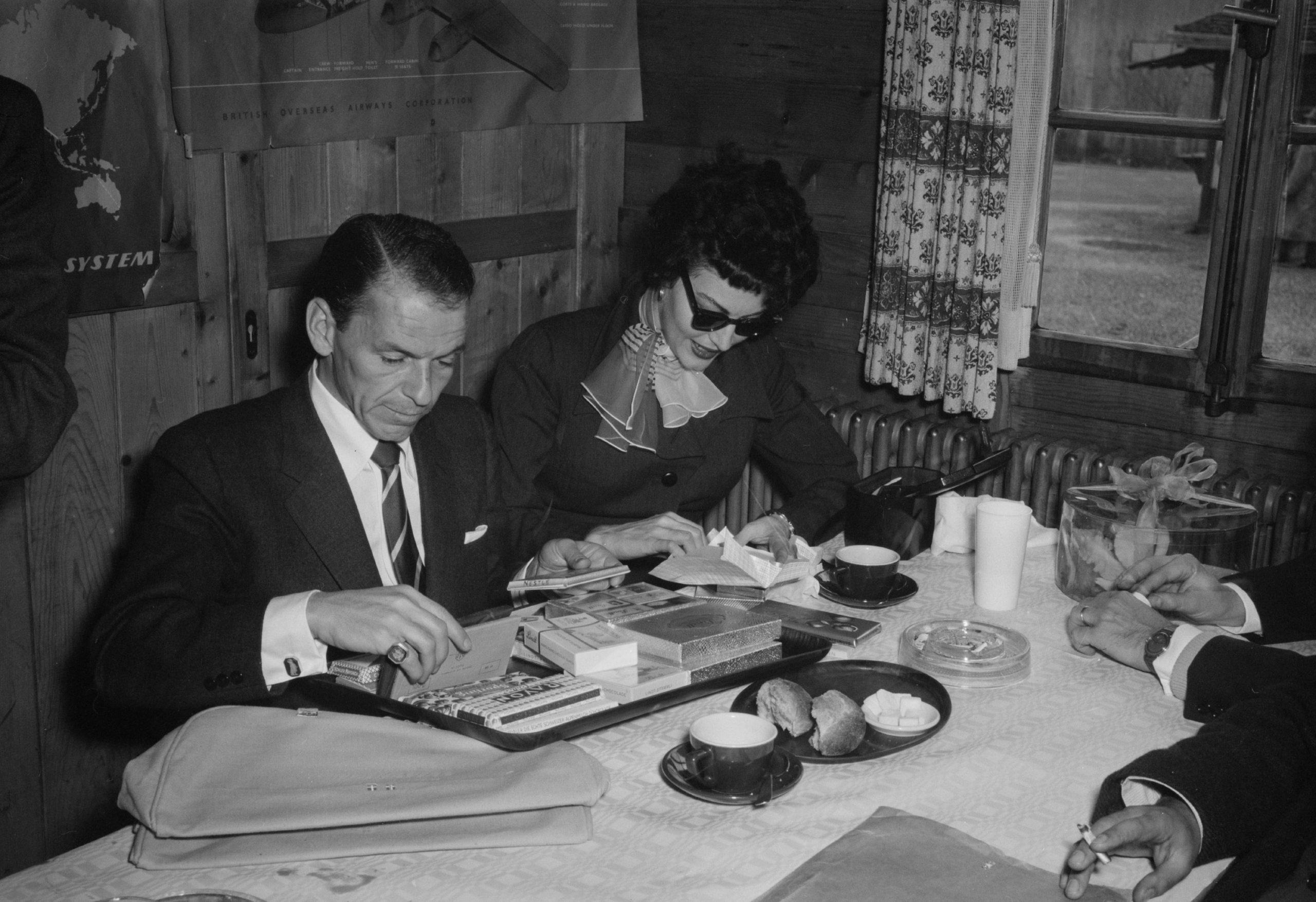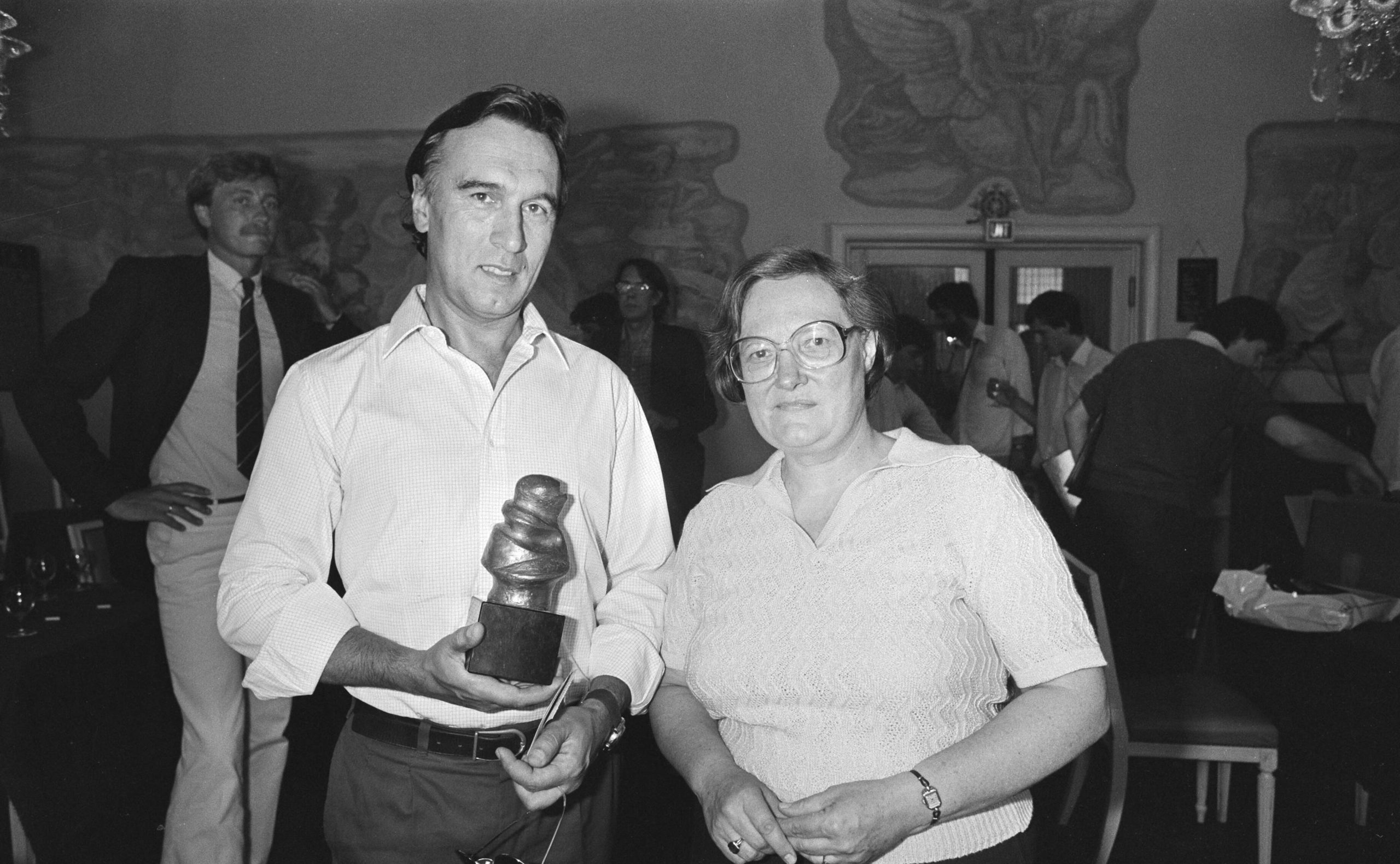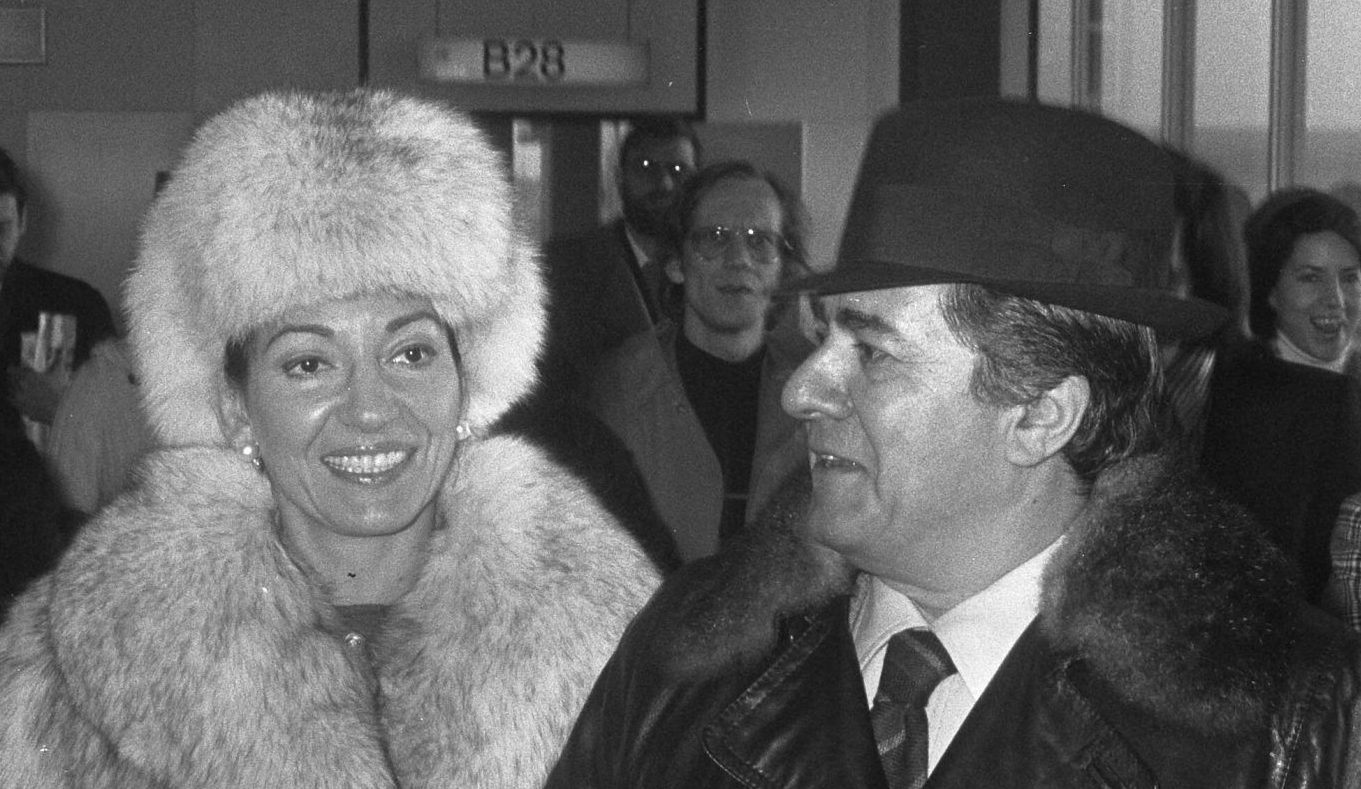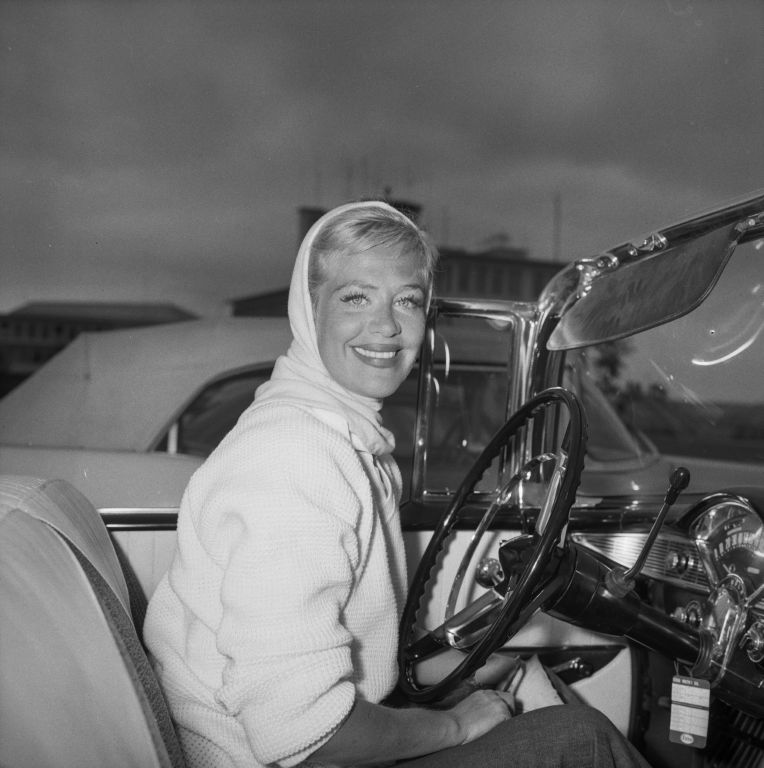There is a unique feeling that flows through you when listening to a recording of Beethoven’s Fifth Symphony conducted by Nikolaus Harnoncourt: on his departure in November 2011 from the orchestra of the Philharmonia Zurich, he accomplished something that few conductors of his generation have been able to do. In the run-up to the concert, Harnoncourt staged a unique rehearsal setting: he invited all the musicians of the Philharmonia Zurich to his residence in St. Georgen in Upper Austria to rehearse Beethoven’s Fifth Symphony and Mozart’s Serenade Gran Partita. To this day, that rehearsal setting from the late fall of 2011 remains an impressive memory for the musicians involved.
The concert is not only Harnoncourt’s final concert with an orchestra of world-class caliber: the concert shows Harnoncourt at the musical peak of his career, at a time when he was able to fully realize his interpretive gifts as a conductor.
It was no coincidence that Harnoncourt dedicated such a farewell concert precisely to the Philharmonia Zurich: Zurich took on a special role in Harnoncourt’s career as a conductor.
He endeavored to place Early Music in the context of the modern world of classical music.
Life as a cellist
Harnoncourt was more than a conductor who stood at the conductor’s podium and went about his work. In his work, he was moved by the future of classical music and the public perception of that musical genre to which he had devoted his entire life.
Thus, throughout his career, Harnoncourt advocated the cause of Early Music. He endeavored to place Early Music in the context of the modern world of classical music. Contrary to popular belief, Harnoncourt emphasized that the term Early Music included musical works up to 1900.
At the beginning of his career as a musician, Nikolaus Harnoncourt was not a conductor at all: before Harnoncourt earned a reputation as a world-class conductor, he was a cellist. After studying cello at the Vienna Academy of Music, from which he graduated in 1952, he was signed that same fall as a cellist with the Vienna Symphony Orchestra under principal conductor Herbert von Karajan. He was to hold this post until 1969, a full seventeen years. During this time, a conducting career was out of the question. Nevertheless, even at that time Nikolaus Harnoncourt cultivated far more than just a cellist’s existence…
Concentus Musicus Vienna
Hardly had he joined the Vienna Symphony Orchestra when he founded the Concentus Musicus Vienna, an Early Music ensemble. Although the ensemble did not give regular concerts and recordings until the late 1950s, it advanced to become one of the cornerstones of Harnoncourt’s legacy as a musician.
Together with the Concentus Musicus Vienna, Nikolaus Harnoncourt embarked on the first European tour in 1960 and the first tour of the United States in 1966. All over the world, Harnoncourt strengthened the sensitivity for Early Music with the Concentus Musicus Vienna: from 1973, the cellist passed on his knowledge of Early Music as a professor at the Mozarteum University in Salzburg. How did it come about that Harnoncourt one day shifted his focus from playing the cello to conducting? First of all, one should keep in mind that Harnoncourt conducted the Concentus Musicus from the cello. The musician was eager to lead other orchestras and ensembles from his own instrument as well – but, in most cases, this did not work as well as with Concentus Musicus. At a certain point in his career, Nikolaus Harnoncourt had no choice but to take up the post of conductor – in 1972, the musician made his conducting debut at Piccola Scala in Milan. He conducted Monteverdi’s Il ritorno d’Ulisse in patria. It was the beginning of his career as a conductor.
In the life of the family around Nikolaus Harnoncourt there was one thing above all: music.
Ancient musical instruments – the approach to Early Music
In addition to his passion for Early Music, Nikolaus Harnoncourt pursued another great passion: for Harnoncourt, collecting old and precious musical instruments held a special attraction. The musician noticed that it sounds different when Early Music is played on old instruments – many of the valuable instruments from Harnoncourt’s collection were used in the work of the Concentus Musicus.
The musician’s family even took on great privations in order to finance the acquisition of valuable musical instruments. In the life of the family around Nikolaus Harnoncourt there was one thing above all: music.
In the course of numerous U.S. tours in the seventies, the Concentus Musicus also brought Harnoncourt’s conception and interpretation of Early Music to audiences outside Europe: such tours were primarily about the artistic aspect; they did not really bring any material or financial gain. On behalf of Early Music, the ensemble crisscrossed the world, and those responsible were happy if the travel costs paid for themselves. Any profits would not have gone into material or personal enrichment, but into the ensemble’s work and passion for Early Musical instruments.
The adequate sound
Nikolaus Harnoncourt was a pioneer of historical performance practice: he saw “music as sound speech”, as he professed in his numerous writings on music philosophy.
In order to realize the best possible performance of a historical work, various factors had to be fulfilled – one of these factors was the use of old musical instruments. But it was not enough to use old musical instruments alone, as Harnoncourt once confessed in an interview:
“When I sing, I produce an original sound. With a string instrument, if I have a string instrument by Stradivari from 1700, then I don’t have the sound of 1700 – for the moment. I put my sound into it, if the violinist from 1700 were to play it, he would laugh at what I’m doing. It is similar with all instruments that a human being has to deal with. But I can try to bring the whole thing into harmony with the spirit of the time in question. If I then compare that with the sounds that were produced in the time before and after, then I can come up with something that I – I wouldn’t really call it original sound – I’m much too skeptical for that. But, something that I would call an adequate sound of the appropriate time. And it turns out that with that sound, I can produce and reproduce and make understandable again the music of that time much better.”
“Art guarantees our humanity”
Over the years, Concentus Musicus, which was founded by Harnoncourt, repeatedly proved its worth as an opera orchestra: to this day, Concentus Musicus Vienna is one of the world’s most renowned orchestras for Early Music and specializes in placing the classical music of bygone eras in a modern context.
It can be assumed that without Harnoncourt, the Concentus Musicus would by no means exist in its present form. His passion for music moved him to do more than “just” play the cello. Very early in his career, it was clear to him that he wanted to found his own ensemble, with which he would authentically transfer the cultural heritage of past musical eras into the present.
Despite his great successes as a conductor, he never accepted the position of principal conductor with a major orchestra – for him, such a post would have been merely a limitation of his artistic potential.
Nikolaus Harnoncourt is still unique among conductors of modern times: “Art guarantees our humanity,” Harnoncourt once formulated in a speech at the end of the Mozart Year in 1991 – true to this motto, the cellist and conductor devoted his entire life to classical music.
Der Bussard expresses its gratitude to the Residenz Verlag for the cooperation.
The biography “Nikolaus Harnoncourt. Vom Denken des Herzens. Eine Biographie.“, written by Monika Mertl, was kindly provided to Der Bussard. The publication served as main source for the article.
Publication information: Mertl, Monika: Nikolaus Harnoncourt. Vom Denken des Herzens. Eine Biographie, 2011 Residenz Verlag
Other sources: The biography on harnoncourt.info. The quote is derived from an interview in 2009.
Cover picture: Nikolaus Harnoncourt (centre) 1980 in Amsterdam
Picture credit: Fotograaf Dijk, Hans van / Anefo, Nationaal Archief, CC0

 Deutsch
Deutsch Français
Français